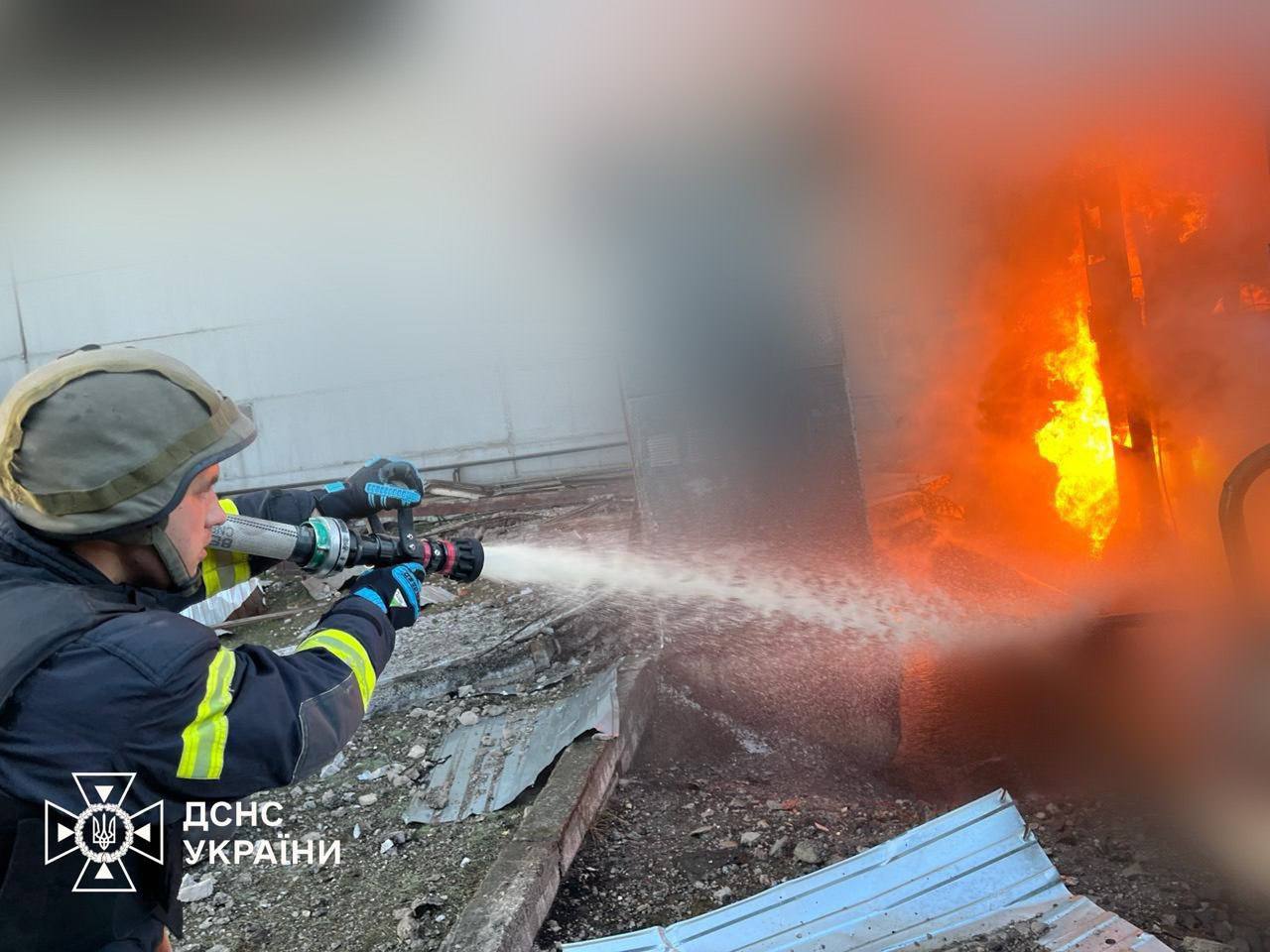Shmyhal: Ukraine to purchase electronic warfare systems to protect critical infrastructure

Ukraine's government will allocate funds for the purchase of electronic warfare systems to protect Ukrainian critical infrastructure, Prime Minister Denys Shmyhal said on April 12.
Russia has recently intensified its missile and drone strikes against Ukraine's critical infrastructure, destroying several thermal power plants across the country, including the Trypillia plant, the main electricity supplier to Kyiv, Zhytomyr, and Cherkasy oblasts.
The top priority is the quick repair of damaged facilities and the restoration of the generation and distribution infrastructure, the prime minister said. The government is also working to decentralize the energy system and strengthen Ukrainian air defense, according to Shmyhal.
"The government has approved a decision that will allow financing the purchase of electronic warfare devices for critical infrastructure facilities," the prime minister announced at the Congress of local and regional authorities under Ukraine's President.
In March, Russian attacks reportedly damaged or completely destroyed 80% of the thermal generating capacity of DTEK, Ukraine's largest private energy company.
Over the past three months, Russia has conducted around 30,000 strikes on Ukrainian territory, according to Ukraine's Interior Ministry.
Russia's March 22 strike destroyed the Zmiiv Thermal Power Plant, which is among the largest in Kharkiv Oblast, according to the state-owned energy company Centrenergo.
Recent attacks also damaged all power units of the Burshtyn Thermal Power Plant in Ivano-Frankivsk Oblast and the Ladyzhyn Thermal Power Plant in Vinnytsia Oblast, DTEK's Executive Director Dmytro Sakharuk said.
Among Moscow's other targets in March were the Kaniv Hydroelectric Power Plant in Cherkasy Oblast, the Dnister Hydroelectric Power Plant in Chernivtsi Oblast, and Zaporizhzhia's Dnipro Hydroelectric Power Plant.
Energy Minister Herman Halushchenko said on April 12 that Ukraine's energy system "is working steadily," but urged citizens to prepare for possible power outages.













